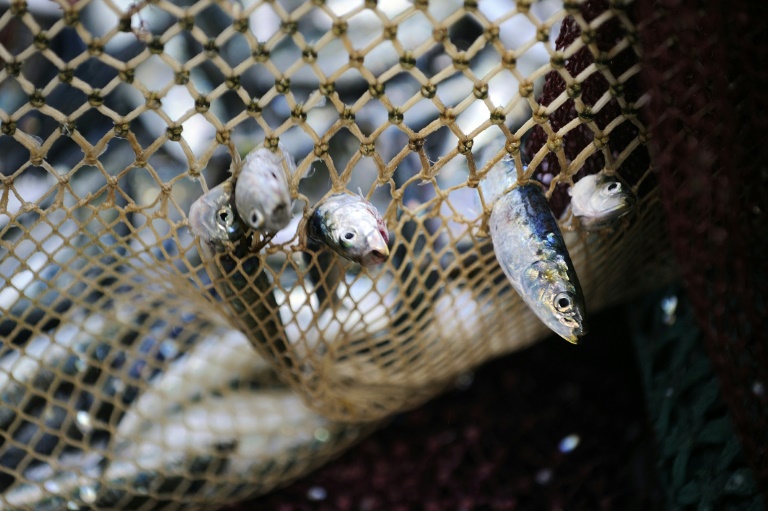India all but sank the WTO’s bid to net a long-sought deal on curbing harmful fishing subsidies, insisting Tuesday it would not sign up without a 25-year exemption.
Negotiations towards banning subsidies that encourage overfishing and threaten the sustainability of the planet’s fish stocks have been going on at the World Trade Organization for more than two decades.
The global trade body only takes decisions by consensus and its 164 members were seemingly closer than ever to sealing a deal at their four-day conference of trade ministers, which is scheduled to wind up on Wednesday.
But India stuck to its demand for a quarter of a century in which to adapt to the proposals on subsidies — a position many others are at odds with.
“The transition period of 25 years sought by India is not intended as a permanent carve-out. It is a must-have for us and for other similarly placed non-distant water fishing countries,” Commerce and Industry Minister Piyush Goyal said in a statement.
“Without agreeing to the 25-year transition period, it will be impossible for us to finalise the negotiations, as policy space is essential for the long-term sustainable growth and prosperity of our low-income fishermen.”
– ‘Completely unacceptable’ –
Besides fisheries, the WTO conference in Geneva is trying to strike deals on e-commerce, agriculture, food security, Covid-19 vaccine patents and WTO reform.
But some emerging from the negotiating rooms are pointing the finger at Indian intransigence on not just fisheries but on every topic being thrashed out at the WTO’s lakeside headquarters.
“India is being obstructive across the piece, whether it be on e-commerce, fisheries, agriculture,” said one Geneva-based diplomat.
“In no negotiation are they playing a constructive part.”
Goyal said the concerns of a small number of fishermen were prevailing over the lives of nine million fishermen in India.
“This is completely unacceptable! And that is the reason India is opposed to the current text,” he said.
Fishing subsidies is the flagship deal that the WTO’s leader Ngozi Okonjo-Iweala was hoping to get passed at the global trade body’s first ministerial conference in nearly five years.
The Nigerian former finance minister, who took office in March 2021, has staked her leadership on getting deals over the line, breathing new life into the organisation by proving it has a role to play in tackling big global challenges.
On fisheries, special treatment for the poorest countries is widely accepted, but some self-identified developing countries have been holding out for an exemption from subsidy constraints, including large fishing nations like India.
EU trade commissioner Valdis Dombrovskis said that some countries were taking “very strong positions, very far-reaching demands”.
That “weakens the purpose of this agreement which is to ensure the sustainability of fish stocks and ensure that the way fishing is subsidised does not contribute to unsustainable fishing practices”, he told reporters.
– ‘It’s crunch time’ –
Okonjo-Iweala, who turned 68 on Monday, hoped that a couple of the topics being negotiated in Geneva would reach a conclusion.
“My own dream for my birthday is to get a successful ministerial,” she said.
“One or two packages passed… I think that would do.”
WTO spokesman Daniel Pruzin said late Tuesday that the organisation was “still optimistic of getting some outcomes” from the conference.
“The not so good news is that we’re running out of time. It’s crunch time,” he added.
He said ministers were “very close” to concluding an agreement on the WTO’s response to pandemics, while on temporarily waiving patents on Covid-19 vaccines, “there’s still work to do, but I do think there is some optimism that that can be achieved”.
Pruzin said some countries had suggested working through the night and going on into Thursday in the hope of reaching agreements.









